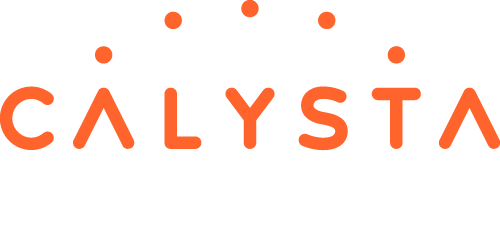
The pitfalls of employee inventions from your German subsidiaries
The pitfalls of employee inventions from your German subsidiaries
A short interview with Johannes Wohlmuth leading our German Desk at Calysta and giving us some insight in this often neglected problematic for German subsidiaries.
What happens to inventions of employees of a German subsidiary of the company according to German law?
The employee inventor is obliged to report its invention to its employer. The employer has then to decide to either claim the invention for its own use or let the invention available to employee inventor, if not interested in the invention. If the employer claims the invention for himself, he has to respect a bundle of duties to the employee inventor. These duties involve the obligation a) to file a patent application for the invention, b) to pay a reasonable compensation for the invention, c) to allow the employee inventor to file patent applications for countries in which the employer decides not to file, d) to allow the employee inventor to take over the patent (application), when the employer decides to abandon it and d) to keep the employee inventor informed about all steps of the patenting process. It could be cumbersome for the employer to respect all these duties.
What are the consequences for the employer, if he neglects one of his duties?
Depending on the duties, the consequences are different. For example, if the employer does not reply to the invention report from the employee inventor within four months, the employer is automatically considered to have claimed the invention, even if he is not interested in the invention. This obliges the employer to file a patent, to pay compensation, etc, even if he is not interested in the invention. A further problem is, when the employer does not agree at the beginning with the inventor employer on a compensation scheme. In this case, the employee inventor could always claim his compensation later. For an invention with success on the market, the negotiation leverage of the employee inventor is higher and the compensation claims could accumulate to a significant amount for the employer. A further risk is that the employer misses to inform the employee inventor about his possibility to pursue the patent application in some countries, where the employer is not interested (any more). In this case, the employee inventor could ask for damages for the missed possibility to file patent application or to pursue the abandoned patent (application).
Does this law bring problems for companies?
The idea of a compensation payment for the employee inventor is certainly fair as he deserves a renumeration for his invention. However, it is a competitive disadvantage for German companies with respect to companies in countries like Belgium, USA or Switzerland where the employer can claim the invention without any obligations with respect to the employee inventor. The duties for the companies in Germany are bureaucratic and require the surveillance of many deadlines and information obligations towards the inventor. This creates high costs for the company. Very problematic are certainly also the rights of the employee inventor to file the patent application in all countries not considered by the employer or to pursue the patent (application), when the employer decides to abandon it.
How often do conflicts arise between employers and employee inventors?
In my experience, those conflicts are more often than one thinks. During the employment of the employee inventor, those conflicts can often be solved at good terms for the company. However, when an employee has to leave the company, the solution of those conflicts become often very difficult and can become expensive for the company.
Are there solutions to avoid these problems?
The compensation and other obligations of the employer are in general indispensable. However, there are solutions to reduce the duties of the company in agreement with the employee inventor for each invention. We are well familiar with this topic at Calysta and can help you to establish employee inventor processes in your company to avoid such pitfalls and to generate contracts with employee inventors to agree on a compensation and to reduce the obligations of the employer.
